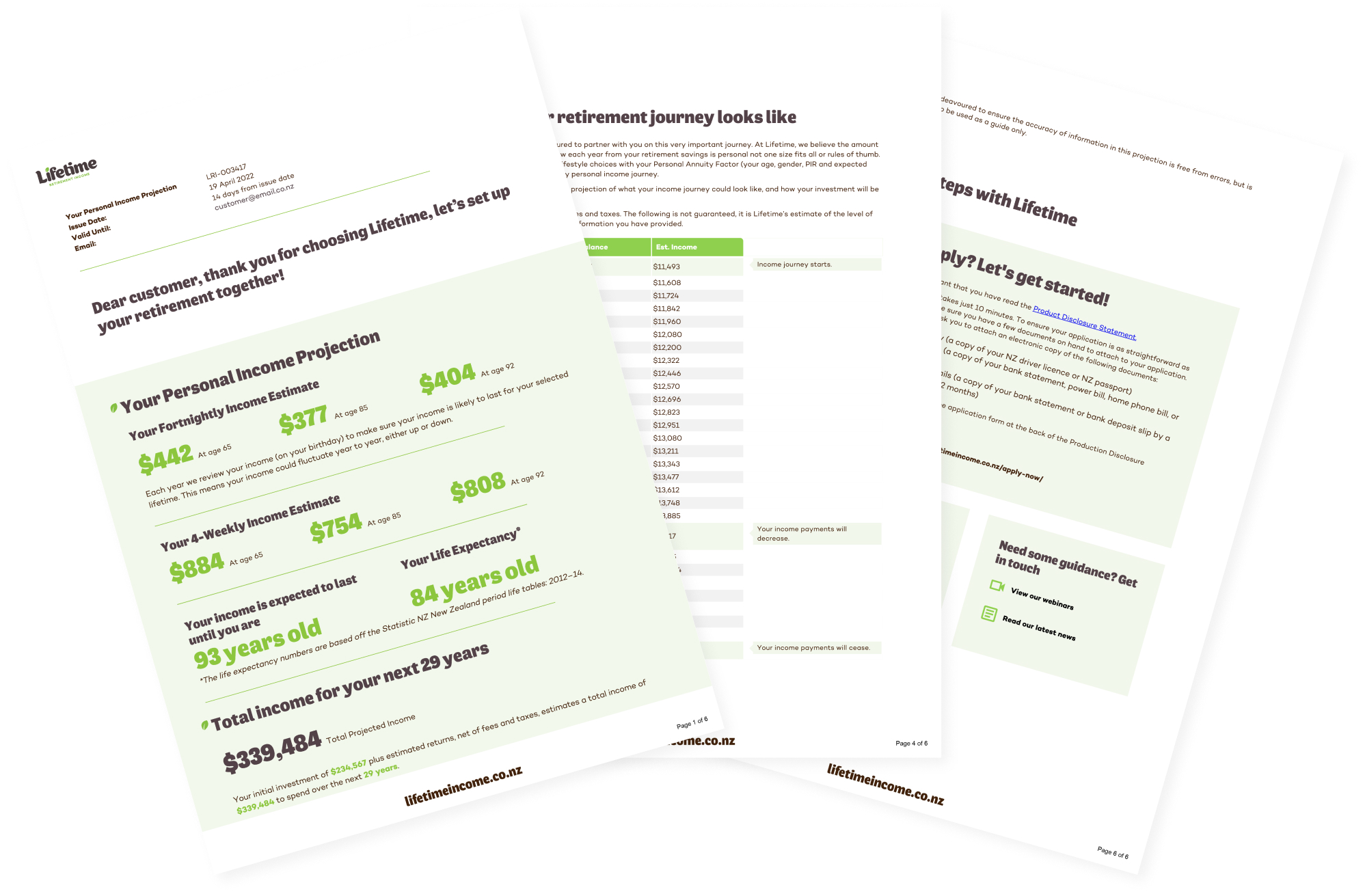Retirement Life
27 February 2023
Health insurance: Is it always necessary?
Today, I get asked about health insurance more than anything else.
Most of the seminars and talks I do are for older people, and many of these have paid premiums for years to an insurance company. Of course, as we age, the likelihood of needing medical treatment increases, making the insurance companies’ costs greater. Moreover, there is an increasing array of treatments for what might ail us, and that, along with the fact that the cost of health treatment is generally rising, makes health insurance more and more expensive.
Older people see their premiums rising and ask the obvious question: what should we do with our health insurance; should we keep it or self-insure?
Many people can simply not afford to go private, which means relying on the public system. The public system may mean waiting, with the length of delay depending on your condition. Once you get your treatment in the public system, you will be treated by some very good, dedicated people – albeit ones who are often under pressure. Nevertheless, your treatment is likely to be good even though the surroundings will not be as comfortable nor treatment as timely as the private system. Many people need to rely on the public system – the cost of private care with or without health insurance is prohibitive.
If you are determined to use the private system, you have a choice regarding whether to pay for insurance or be “self-insured”. Across the whole population, we would be better off cancelling health insurance and paying for treatments and surgery as we need it (i.e. being self-insured). The insurance companies have, of course, worked out the numbers; they know the amount of their total claims for the next year, and they set premiums that allow for those claims and for meeting their expenses. In addition, the premiums are set so that they make a profit.
Turn your savings into a retirement income.
Design your income today!

As such, your premium pays not just for your treatment and surgery but also for the insurance company’s costs and profits. The insurance companies may get a discount for treatments, but on average, you would probably be better off paying the equivalent amount of your premiums into your own investment account (an account labelled “health”) and paying for treatments and surgery out of that.
If we all paid for our own healthcare instead of insuring, there would be winners and losers, but the average person would probably be better off.
There are two main problems with this:
1. You do not know whether your own health would make you a winner or a loser. You could have a guess as to what your future health treatment might be, but you could get an unpleasant surprise.
2. You do not know when you may have to use money from the investment account to pay for health expenses. For example, one month after you start to pay into this account, you could need surgery, and with only one payment equivalent to a monthly premium in there (say, $300), you will not have the money to pay for surgery.
Both problems may be solved by holding some cash as a kind of buffer. This means that you would start your health insurance by establishing an account labelled “health” with a lump sum, and then add a monthly amount to that account equivalent to the insurance premiums that you were paying.
Rather than use a bank account, some people may like to use an investment account – i.e. a diversified managed fund that is invested in a range of investments (shares, listed property and fixed interest) that will give better returns.

Martin Hawes, best-selling author
By way of example, here is how I have covered my own health costs – this is not for everyone, but I set it out here to explain the general thinking. Although my general health is excellent, I have knees that may need replacing at some time (they are both a bit damaged through decades of trudging around in the mountains and other sports activities – they could both need replacement even though I hope not). Regardless, I need to be able to provide for these old knees of mine on a just-in-case basis.
Therefore, I have nominated my KiwiSaver fund as my health fund. This has over $100,000 in it, and I am adding $300 per month to it (the approximate amount of the premiums I was paying). Because I am over 65, I can withdraw from my KiwiSaver account at any time.
This $100,000 buffer may seem a lot to some people, but a knee replacement operation could cost $30,000 or more (and it is just possible that I need both replaced). In any event, because this money is in my KiwiSaver account, it is well invested and, if it is not required for health, could be used for other purposes.
Take control of your retirement income

Things could still go wrong with this plan: I may need a lot more health treatment than I think (at a certain age you are only as good as your last doctor’s visit). Worse still, these treatments could all come soon, before my monthly saving contributions have had a chance to build up replacement funds.
These are risks I am prepared to take – although I do not want to dig into other funds, I have the capacity to do so if need be.
Again, this is not for everyone. However, if you are determined to self-insure, holding a fund dedicated to health costs should give more safety.
Invest with Lifetime for a retirement income managed for living.
